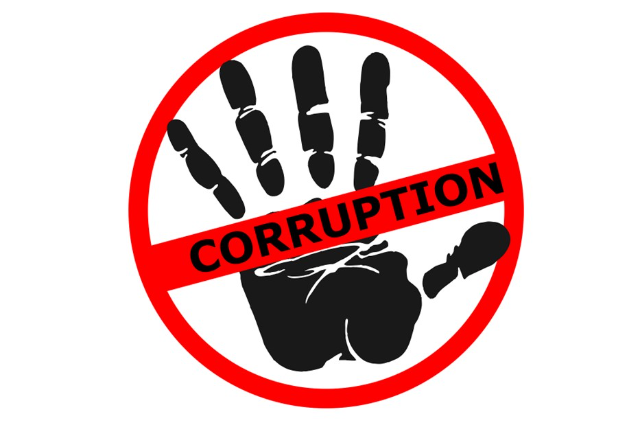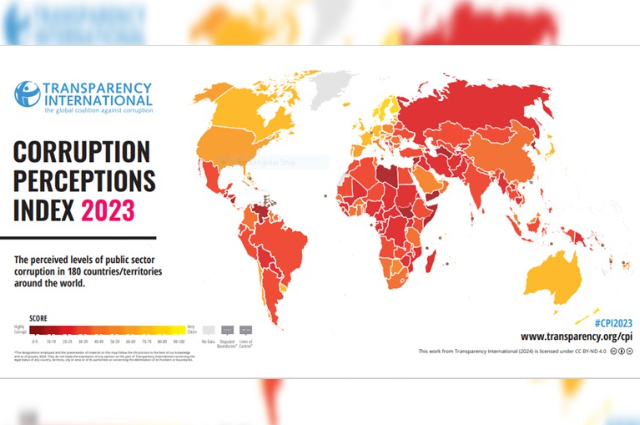
Image by Zelandia from Pixabay
What is corruption?
Corruption encompasses any illegal activity done by a person or authority entrusted to work toward the welfare of the public, for some monetary gain or as an abuse of power.
Current Scenario
Corruption has permeated every facet of society, from education to the military, from entertainment to academic institutions. In the education sector, seats are exchanged for donations, while the public sector demands additional funds for basic tasks like passport requests or driver’s license issuance. Even sacred pilgrimages are not immune to this scourge, with preferential treatment given to those who pay extra, under the guise of “suvidha shulk,” or “convenience fees”.
The situation continues to deteriorate unabated. Despite extensive media coverage, including songs[from 3 idiots, where the line goes as “ rishwat dena to khud papa ne shikaya” translated as ”the father himself teaches his child to give money to officials in case he gets caught in a pickle”], movies[Gabbar is back, Jai Ho, Nayak: The Real Hero], and stand-up comedy routines highlighting corrupt practices, little tangible change has occurred. Instead, exposure to such activities has normalized corruption in people's minds, perpetuating the belief that it is an inherent part of the system. Even obtaining a simple driver's license now requires engaging a middleman to expedite the process, rendering eligibility and documentation irrelevant in the face of bribery.
Everybody knows about it and suffers because of it yet nobody dares do anything about it because, at the end of the day nobody wants to do it in the right way. They prefer the easier way which is convenient, just a bit expensive.
The Root of the Issue
Corruption has always prevailed in society since the earliest times known to mankind. We have read stories where the guards of the palace try to torment the common people, where the higher officials cheat for their gain and many of these stories have a message, showing the ill plight of the corrupt officials in the end, highlighting the importance of being true.
Then, why instead of being eradicated, it has become increasingly entrenched in recent years?
Everything needs something to feed upon, to keep going. Corruption is not something too different, just a situation created by daft people.
It all begins at home, and traveling through schools and colleges it reaches within the roots of the system. Children tend to pick up whatever actions and thoughts they come across and get easily influenced by anything that seems intriguing. Being surrounded by the negative image of society, a child starts to disbelieve in the system and create his defense mechanism which would only give rise to corrupt activities.
A child's first foray into corruption often begins innocuously, when they start to cheat in the exams to defy the system for the gain of good grades. They choose the easy path and start to crossover the thin line between the harmless bad and the harmful bad without realizing it. Over time, this behavior escalates, with individuals resorting to increasingly deceitful practices, such as providing answers to friends in competitions before competitions. As they enter adulthood and assume positions of authority, these ingrained habits manifest in more egregious forms of corruption, perpetuating the cycle.
Over the years, corruption has spread at a tremendous speed as it feeds on human greed for more and better, to gain status and recognition in society, making it inevitable.
Corruption across the world
Corruption is not something that has spread its roots in India only. It’s more like covid virus which has infected the whole world. What makes it worse is the fact that nobody has the vaccine for it, and yet nobody is intensely looking for it. The bigger question is that, if there would come a vaccine one day, would all people be willing to get it?
Corruption Perception Index publishes an annual list, scoring countries based on the corruption in the country. According to the list, Denmark, Finland, Switzerland, and Sweden boast the lowest rates, while Venezuela, South Sudan, and Somalia grapple with the highest levels.
India ranks 85 on the list with a score of 40 out of 100 in 2022. This rank changes to 93rd in 2023 with a score of 39 out of 100.
Although it is not possible to fairly judge all the countries as every country has a different administration and different problems to deal yet the numbers cannot be considered all void. The world map below underscores the widespread prevalence of corruption worldwide.

Image from Transparency International showing the world map based on their corruption perception index as of 2023
What can be done?
Do strict rules change the situation or do they open gates for corruption?
It is seen that in most of the cases, the impact of a new law is short-lived. In 2019, when new traffic laws were passed, the country saw a decrease in the number of accidents. Though the change was small, it was there. The bigger problem is why the result was only short-lived. This is where corruption comes in. Instead of following rules, people resort to bribing officials to keep fines at a distance.
Bringing things to an online platform is an effective step in the battle against corruption but it is still out of reach of a large part of the country.
So can we even fight corruption? There are a few measures that we can try to combat corruption.
- Ethics’ cultivation in children - Instilling ethics in children from a young age is crucial. Parents and educators must prioritize moral development alongside academic learning to foster a sense of integrity and honesty. Each week parents can have an ethical class with the kids to make them understand the impact of their small wrongs.
- Limit the desires - Curbing excessive desires can mitigate the temptation to engage in corrupt activities driven by greed. Emphasizing contentment and gratitude for what one has can deter individuals from seeking shortcuts to fulfill their
- Long-run outlook - Encouraging individuals to consider the long-term consequences of their actions can dissuade them from engaging in corrupt behavior. By envisioning the negative repercussions down the line, individuals may think twice before succumbing to temptation.
- Effective reform policies – The government comes up with a lot of good reforms, at the same time they should try to come up with robust implementation policies too so that the reforms could create a deterrent effect in the long run.
Conclusion
Corruption may seem like an inevitable parasite but at the end of the day it is just a parasite and we can overcome this if we stick together and stay true to virtue.
. . .
Related Pages to visit:
- List of Bollywood movies on corruption (https://en.wikipedia.org)
- Corruption Perceptions Index (https://www.transparency.org)
- Article on corruption by Hindu (https://www.thehindu.com)
